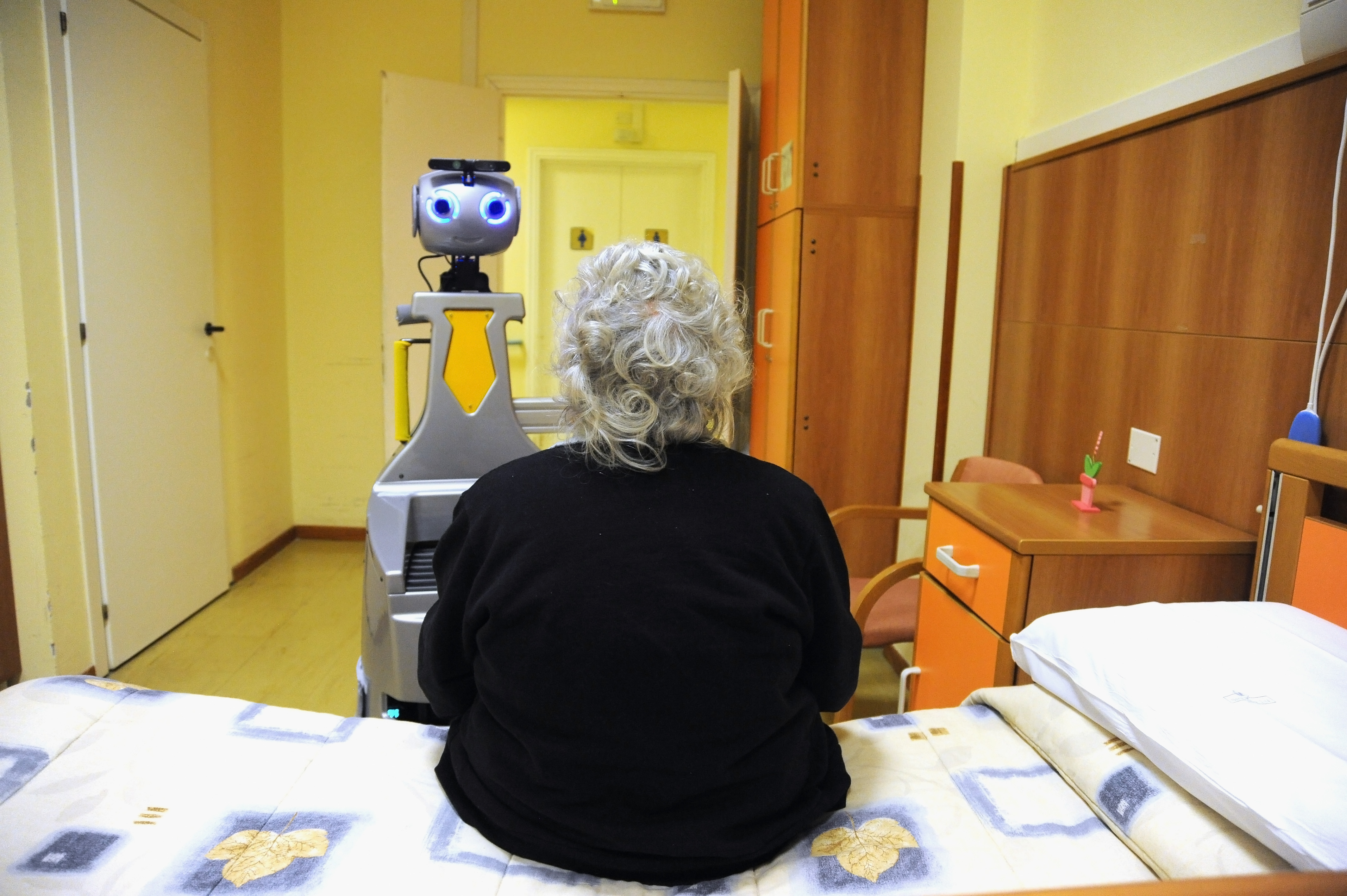If you lost your physical independence, what would you miss the most? Maybe the sentence should start with a “when”, because the frailty of old age almost inevitably poses the same question.
Having studied my own winning hand of lost freedoms, I’ve reconciled myself to the basic ones: I need help to wash and dress in the morning. I’m over it. But the thing I mourned above all was the more nuanced freedom to choose when I wanted to go to bed.
Sounds simple, doesn’t it? But it’s profound. It’s the difference between being an individual and being institutionalised. Between spontaneity and a staff rota drawn up weeks before. The psyche is offended by imposed bedtimes. They have the resonance of childhood, school rules, regression from adulthood. They oppress. No, you can’t go outside and enjoy the sounds of the countryside at night. No, you can’t watch another episode on TV. No, you can’t raid the fridge for cheese. You must get ready for the carer coming.
The opposite equally applied. If I wanted to lie down mid-afternoon to rest, or take the pressure off my seat bones, I couldn’t. I had to grit my teeth until the allocated time.
In the past my husband used to help me. Until the point when he couldn’t. I needed carers to take his place and, because who in their right mind would leave their hearth late at night for the paltry council rates, the latest they would come was 8pm. Better still, 7.30pm.
No, you can’t watch another episode on TV, or raid the fridge for cheese. You must get ready for the carer coming
No, you can’t watch another episode on TV, or raid the fridge for cheese. You must get ready for the carer coming
My only other option, apart from waiting for AI to invent a personal care robot, which is fertile ground for dark comedy, was to buy a device to do it for me. Rotating beds that turn into chairs have been around for a while. They’re recommended for Parkinson’s and MS, strokes and amputees, not for spinal injury. But in the best spirit of impulsiveness, which has shipped me plenty of trouble over the years, I decided to buy one.
It has been transformational. After helping my husband to bed, I have the bliss of loitering in solitude in the kitchen or my office, wasting nobody’s time but my own. Briefly, I own the night. In exchange comes the rather scary process of transferring onto the magic chair/bed in the dimmest of lights, trying not to wake my husband. Or topple into the gap. The mechanism quietly lays me flat. Then, laboriously, I roll myself out of my leggings (can’t reach the socks), wedge a pillow behind me, pull over the duvet. The first time it took me 40 minutes and I was exhausted; I’ve got it down to 15 and no disasters yet.
The price of such agency is, of course, astronomical. The bed costs about £10,000 and is marketed as having the potential to save you £27,000 a year, the equivalent of twice-daily care visits. Plenty of today’s boomers are apparently investing.
What saddens me is that others, seeking the same freedoms, are denied them. That harshest of privilege gaps defines our world. Vulnerable people have no choice – they’re just grateful when overstretched and underpaid carers show up, regardless of time. In a better world, one in which the government fixes the care sector first (for otherwise the NHS will never work), there might be scope to fund or loan rotating beds to keep people living independently. The wise cynic knows we’ll see those robot carers arrive first.
Photograph by Laura Lezza/Getty
Newsletters
Choose the newsletters you want to receive
View more
For information about how The Observer protects your data, read our Privacy Policy



